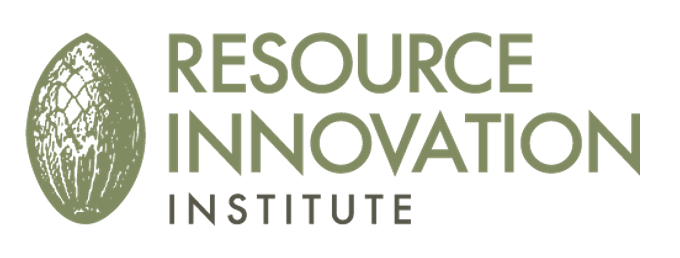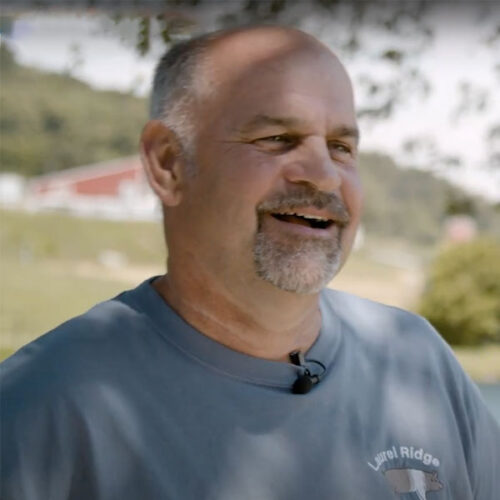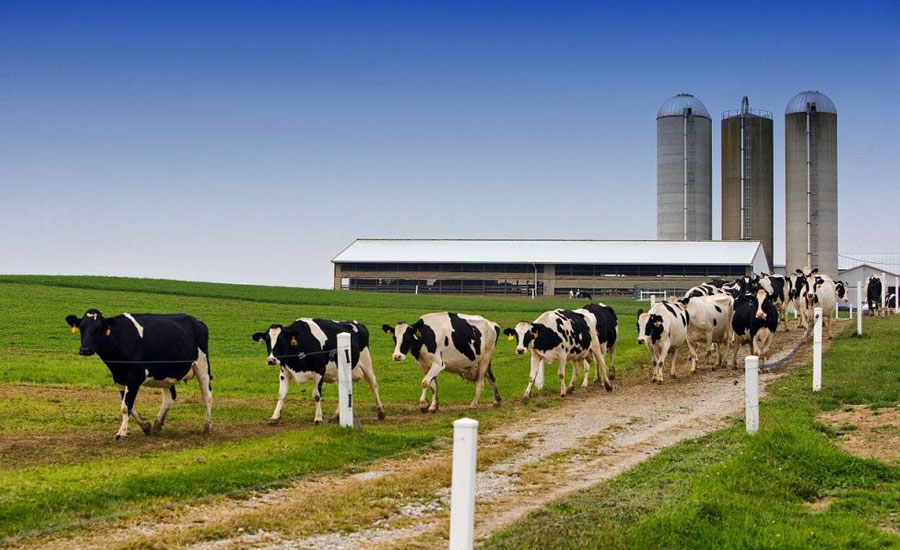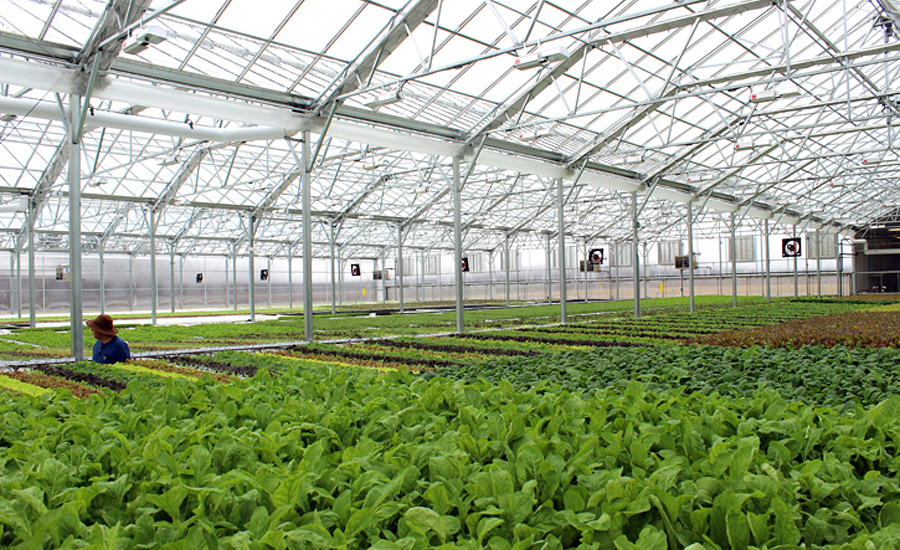Pennsylvania Circular Agriculture
Research Project
In partnership with



Advancing Pennsylvania’s Circular Agricultural Economy
Pennsylvania’s agriculture industry is an active driver of the state’s economy, yet it also generates millions of tons of waste annually. Traditional management practices contribute to nutrient runoff, greenhouse gas emissions, and soil degradation, underscoring the need for sustainable solutions.
The project Informing a 10-Year Pennsylvania Circular Agricultural Economy Research Vision, aims to turn waste into valuable resources through circular economy principles, reducing environmental impact, improving efficiency, and driving economic growth.

This project plays a crucial role in helping Pennsylvania achieve its 2035 goal of establishing a thriving circular agricultural economy. By informing the state’s strategy, our research will guide the integration of key agricultural sectors—animal agriculture, controlled environment agriculture, and mushroom production—promoting economic growth while reducing environmental impact through sustainable, cross-sector collaboration.
Key Deliverables
Our research will generate practical solutions and tailored materials to help Pennsylvania’s agricultural sectors thrive:
- Vision Statement: A policy and technical assistance framework to guide circular economy practices over the next decade.
- Impact Statement: Insights into how circular agriculture can advance sustainability under the Chesapeake Bay Watershed Implementation Plan III.
- Case Studies: In-depth reports on agricultural waste and wastewater circularity opportunities in farming regions across the state.
- Educational Materials: Best Management Guides co-created with agricultural stakeholders to drive adoption of sustainable practices.
- Engagement Plan: A comprehensive strategy to support outreach activities, educational workshops, and media efforts for long-term project success.
The Impact
By fostering collaboration across Pennsylvania’s agricultural sectors, we aim to:
- Improve resource efficiency
- Reduce environmental impacts
- Strengthen economic output and resilience
- Enhance public perception of the state’s agricultural sectors
About the Advisory Council
The success of this initiative relies on the expertise and collaboration of the Pennsylvania Agricultural Circularity Advisory Council. Composed of thought leaders and stakeholders across agriculture, energy, water, and policy sectors, the council plays a critical role in shaping the project’s vision.
Key Responsibilities
Key Responsibilities of the Advisory Council:
- Guiding the Research Vision: Provide insights to shape a sustainable, circular agricultural economy framework for the next decade.
- Advising on Deliverables: Ensure project outputs, including white papers, case studies, and educational materials, align with industry needs.
- Fostering Collaboration: Bridge connections across Pennsylvania’s diverse agricultural sectors to promote innovative solutions.
- Through their contributions, the council ensures that the project outcomes are actionable, impactful, and representative of Pennsylvania’s agricultural priorities.
Meet the Council
2025 Working Groups
The project brings together regional stakeholders to collaboratively shape Pennsylvania’s 10-Year Circular Agricultural Economy Plan through cross-sector dialogue and solution development.
Learn About the Partners

Resource Innovation Institute
Resource Innovation Institute (RII) is a not-for-profit, public-private partnership advancing climate resilience. RII provides resource efficiency education, training and data-driven verification, in collaboration with CEA producers, researchers, governments, utilities, and the design & construction sector.

Crenshaw Institute of Applied Science & Technology (CIAST)
CIAST is a forward-thinking Community-Based Organization (CBO) dedicated to advancing innovation and resilience in the Food-Energy-Water (FEW) Nexus. With over a decade of leadership in clean technology, workforce development, and sustainable resource management, CIAST addresses complex challenges through an integrative, circular economy approach. By uniting underserved communities, industry leaders, and government stakeholders, CIAST delivers scalable solutions that enhance national security, foster environmental sustainability, and create inclusive, high-quality job opportunities. CIAST’s commitment to STEM education, community empowerment, and systemic change ensures a lasting impact on resource equity and economic resilience.
Learn more at https://epcotcrenshaw.com/.

Pennsylvania Department of Agriculture (PDA)
PDA is a cabinet-level agency that promotes, protects, and encourages agriculture in Pennsylvania. The PDA’s mission is to: ensure a strong economy, protect the public’s health, promote and educate about Pennsylvania’s agriculture, and conserve farmland and natural resources. Learn more at https://www.pa.gov/agencies/pda.html.















